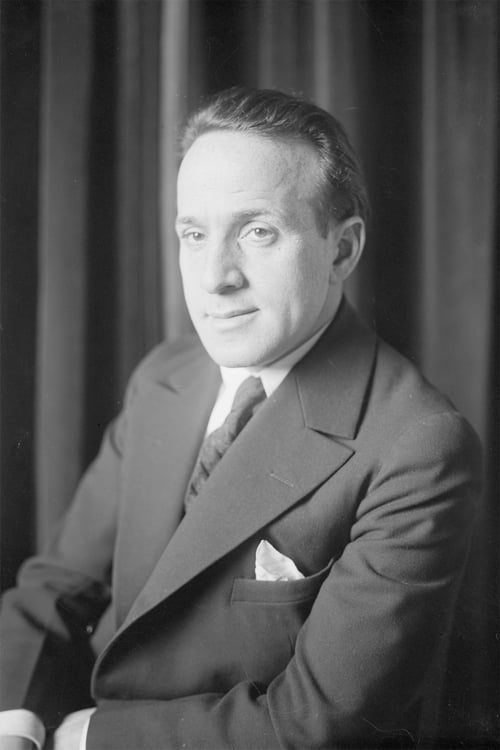This Is Tomorrow (1943)
Gênero : Documentário
Runtime : 11M
Sinopse
This John Nesbitt's Passing Parade short takes a look at the evolution of the American city, from the initially small farming village, to the eventually hectic, congested metropolis, to the future planned suburban community.
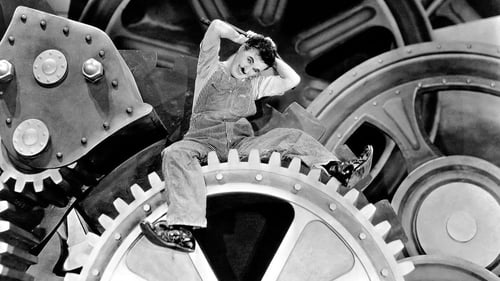
O icónico Vagabundo está empregado em uma fábrica, onde as máquinas inevitável e completamente o dominam e vários percalços o levam para a prisão. Entre suas passagens pela prisão, ele conhece e faz amizade com uma garota órfã. Ambos, juntos e separados, tentam lidar com as dificuldades da vida moderna, o Vagabundo trabalhando como garçom e, eventualmente, um artista.
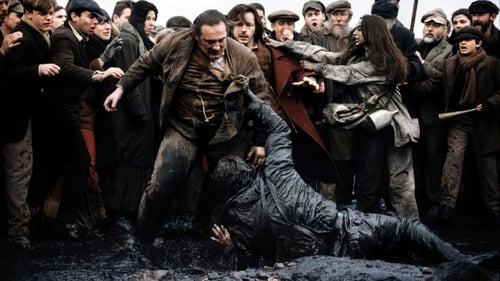
Baseado no romance homônimo de Émile Zola, o filme aborda os movimentos grevistas de um grupo de mineiros no norte da França do século XIX contra a exploração de que são vítimas. Entretanto, ao se levantarem contra o sistema, passam ser alvos da repressão das autoridades.
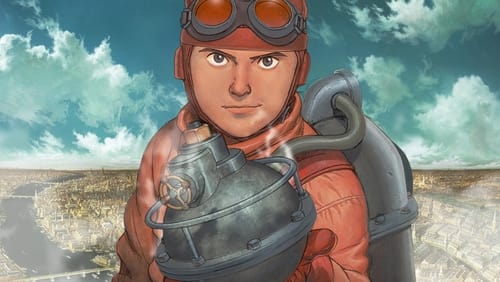
Ray Steam é um jovem inventor que recebe de seu avô, pelos Correios, uma estranha bola de metal conhecida como Steam Ball. Esta incrível invenção comporta uma nova espécie de energia, que tem a capacidade de suprir uma nação inteira. Ao tentar proteger a esfera da inescrupulosa Fundação O'Hara, Ray descobre aos poucos os fantásticos poderes que a bola possui.
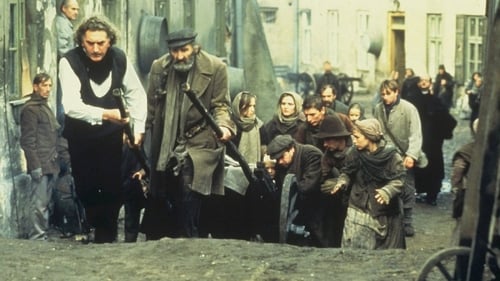
In the 1890s, Father Adolf Daens goes to Aalst, a textile town where child labor is rife, pay and working conditions are horrible, the poor have no vote, and the Catholic church backs the petite bourgeoisie in oppressing workers. He writes a few columns for the Catholic paper, and soon workers are listening and the powerful are in an uproar. He's expelled from the Catholic party, so he starts the Christian Democrats and is elected to Parliament. After Rome disciplines him, he must choose between two callings, as priest and as champion of workers. In subplots, a courageous young woman falls in love with a socialist and survives a shop foreman's rape; children die; prelates play billiards.

A lyrical documentary on the lives of Coal miners in the Donbass who are struggling to meet their production quotas under the Five Year Plan.
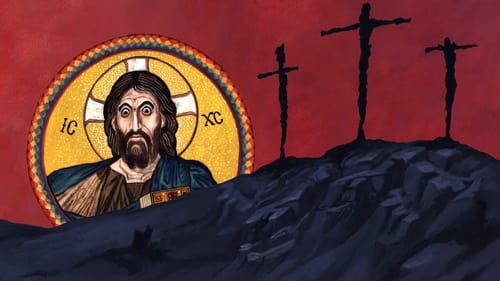
Jankovics's adaptation of the eponymous play is divided into multiple parts, and depicts the creation and fall of Man throughout history.

An account of the last two centuries of the Anthropocene, the Age of Man. How human beings have progressed so much in such a short time through war and the selfish interests of a few, belligerent politicians and captains of industry, damaging the welfare of the majority of mankind, impoverishing the weakest, greedily devouring the limited resources of the Earth.

This MGM Passing Parade series short presents how separate events led to the creation of three provisions - freedom of speech, freedom of the press, and prohibition of the infliction of cruel and unusual punishments - in the U.S. Constitution's Bill of Rights.

Narrator John Nesbitt laments the disappearance of the rural one-room schoolhouse in America. He reminisces about his own days as a student in such a school and how his teacher, Miss Turlock, influenced so many students. Many of them reunite at the school on Miss Turlock's last day, when the school was closed in 1940.

This John Nesbitt's Passing Parade short takes a look at the typical American barbershop throughout the years.

This MGM Passing Parade series short tells the story of Clara Barton, the founder of the Red Cross.

In this John Nesbitt's Passing Parade short, a man traces his history by the succession of cars his father owned. [This short appears in its entirety during MGM's short feature "The Great Morgan".]

In this John Nesbitt's Passing Parade short, a look is taken at the problems of film preservation efforts in the 1930s and early 1940s.

This final John Nesbitt's Passing Parade series short looks at a community, Mooseheart, in Illinois that orphaned children call home.

Professor Jeremy Black examines one of the most extraordinary periods in British history: the Industrial Revolution. He explains the unique economic, social and political conditions that by the 19th century, led to Britain becoming the richest, most powerful nation on Earth. It was a time that transformed the way people think, work and play forever.

Narrator John Nesbitt reminisces about his hometown and childhood in this Passing Parade series short.

This John Nesbitt's Passing Parade short tells the story of Alfred Nobel, who invented dynamite, and later established the Nobel Prize.

This MGM Passing Parade series short tells the story of Julian Poydras, whose encounter with a girl at Mardi Gras had a profound effect on his later life.

In this John Nesbitt's Passing Parade series short, narrator John Nesbitt tells the story of Scandinavian immigrant Annie Swenson, who worked as cook and housekeeper in his family's home while he was growing up.

